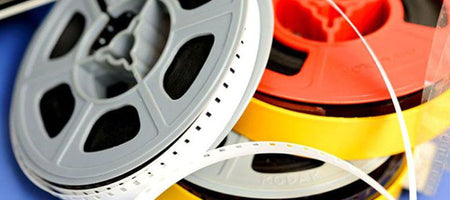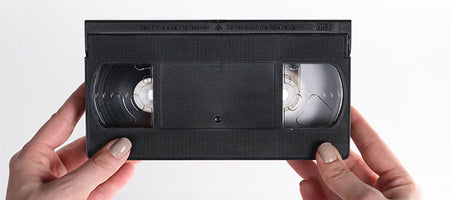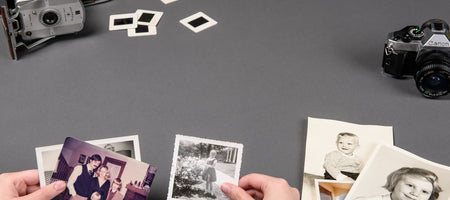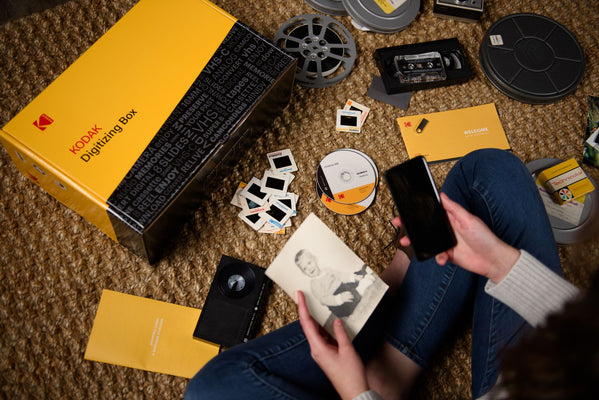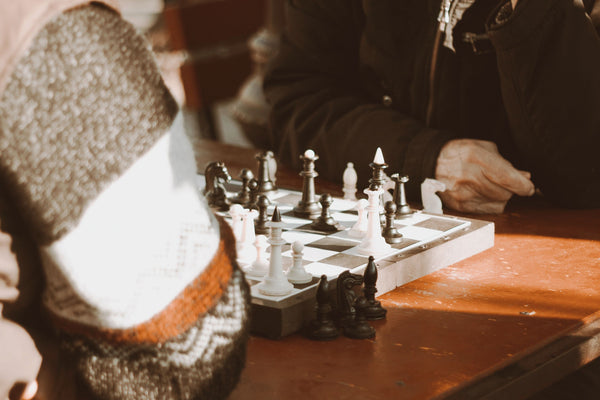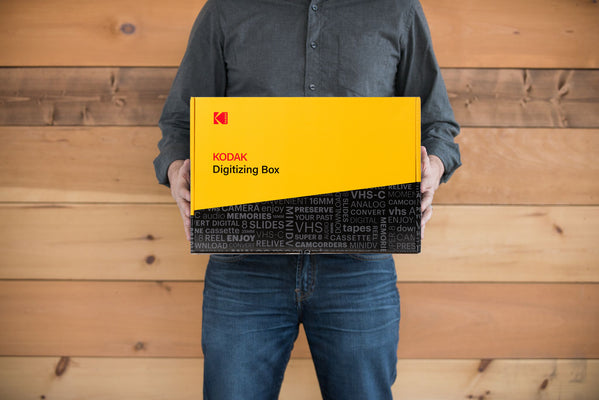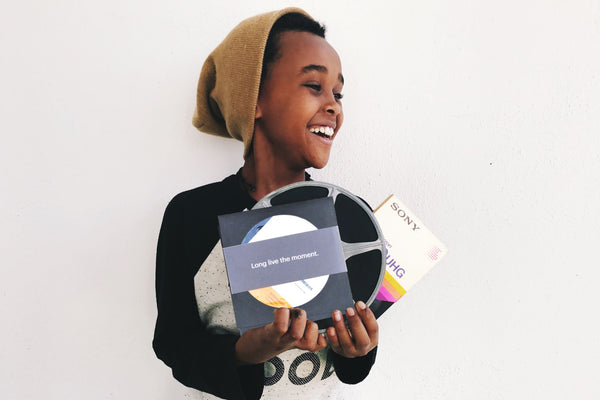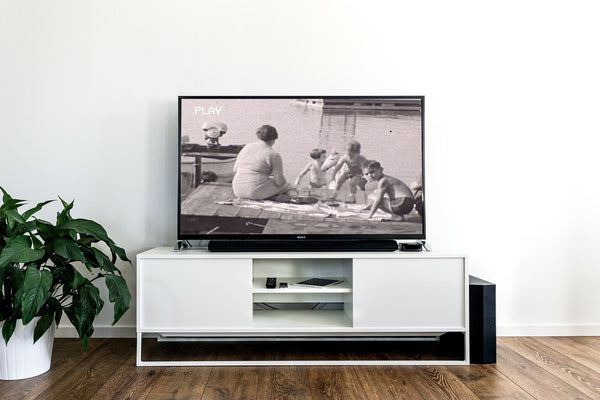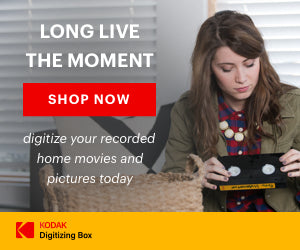Have you seen bands selling cassettes at concerts recently? Believe it or not, the seemingly archaic tape seems to be making a comeback 20 years after it lost traction due to the CD.
Generation Z has been introduced to the technology and everyone who is older is in shock by their interest.Cassettes started to see a small increase in sales starting in 2011. Inaugurated in 2013, Cassette Store Day every mid-October has become an international event for the United Kingdom, United States, France, and beyond. In 2017, 174,000 cassettes were sold in the US. Nielsen Music claims cassette sales continued to grow by 23% in 2018.
With such flourishing statistics, one might think the sound quality of a cassette is better than a CD. But cassettes are notoriously known for their poor static sound. That’s why CDs quickly took over the music scene in the 1990s. So why is there suddenly a new market for the little square tapes?
Is it possible popular movies like Guardians of the Galaxy and Baby Driver are making cassettes seem “cool” again? Since cars and computers are starting to lose CD players, maybe buyers are seeking a different medium completely?
Cassettes have become a trendy alternative to music listening especially in the indie scene with lesser known artists. But that doesn’t mean the bigger players aren’t taking advantage of the ironically old school nuance.
Taylor Swift, Jay-Z, The Weeknd, and AC/DC have all released albums on cassettes ever since sales started to make a comeback. Urban Outfitters sells original cassettes from artists like P!nk and Billie Eilish online too.
Why are consumers drawn to cassettes?
- The physical “touch and feel” and sense of collecting cherished music
- The unique analog sound
- The artwork
- The limited edition pressings
As for artists, buying cassettes is less risky than investing in vinyl. Purchasing bulk cassette orders could cost a band around $200, whereas vinyl runs can be over $2,000. The turnaround time is also a few weeks, and vinyl can take six months to produce.
Record labels have said bands that are touring oftentimes sell just as many cassettes as they do vinyls in recent years. Bands have noticed most buyers don’t even own tape players, they usually purchase a cassette to support the band and use the tape as a form of memorabilia.
Overall, the sales of vinyl and CDs still drastically outweigh cassettes. Vinyl records sold in the millions last year, and cassettes are still in the one hundred thousand range. CD sales have declined in recent years, but nonetheless CDs saw over 50 million more sales than vinyl records. In relation to audio streams, well, these purchases still dominate the music scene and accounted for three quarters of the industry’s 2018 revenue.

